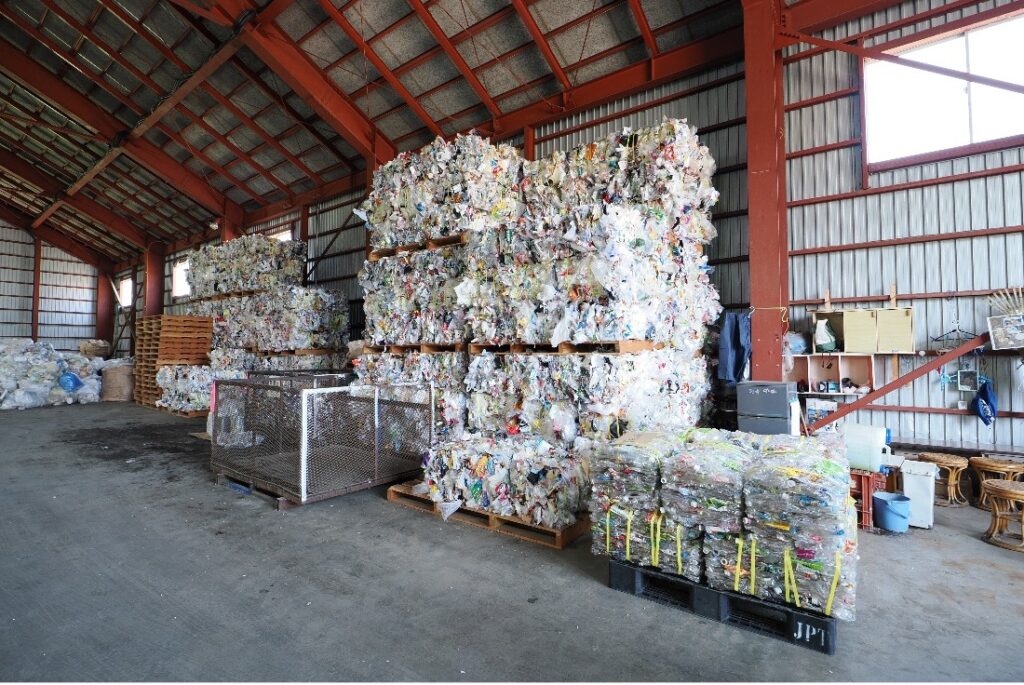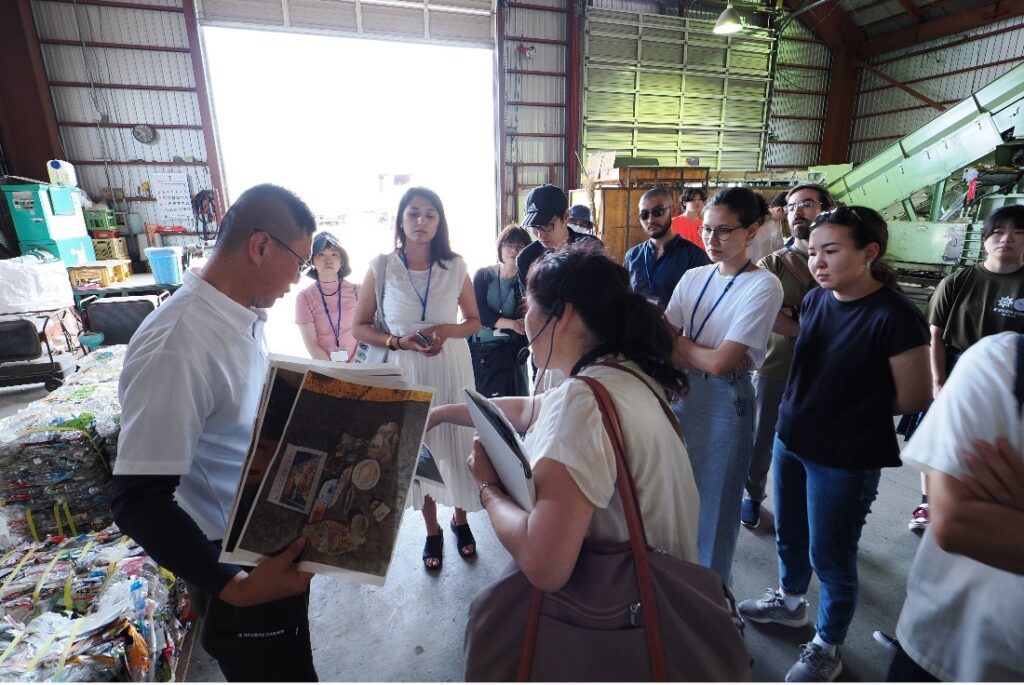Davronova Farangis
Having had the privilege of experiencing the captivating landscapes and innovative waste management practices of Niseko, Hokkaido, I am left with an indelible impression of how a commitment to sustainability can transform not only a destination but also the mindset of its residents. As an advocate for eco-friendly living, I believe that the lessons learned from Niseko can serve as a blueprint for other countries, such as Tajikistan, where similar endeavours can pave the way for a greener, cleaner future.
Tsukagoshi Industry follows a strict waste separation policy, requiring residents and businesses to categorize their waste into different types such as burnable, non-burnable, and recyclable materials. This separation aids in proper disposal and recycling, reducing the environmental impact of waste. Residents are encouraged to recycle paper, glass, plastic, and metal materials. The town provides designated recycling centres and collection points where individuals can drop off recyclables. The local government, along with community organizations, runs awareness campaigns and workshops to educate residents and tourists about responsible waste disposal. These efforts encourage everyone to contribute to the town’s waste management goals.
The journey to a waste management company is more than just a tale of innovation; it’s a call to action. Tsukagoshi Industry practices could serve as inspiration for communities worldwide as they embody the essence of a future where technological marvels and environmental stewardship coalesce, laying the groundwork for a planet that thrives sustainably. The dedication and success of garbage disposal in Niseko remind us that the preservation of nature is a collaborative endeavour that requires careful stewardship and a dedication to sustainable living.





